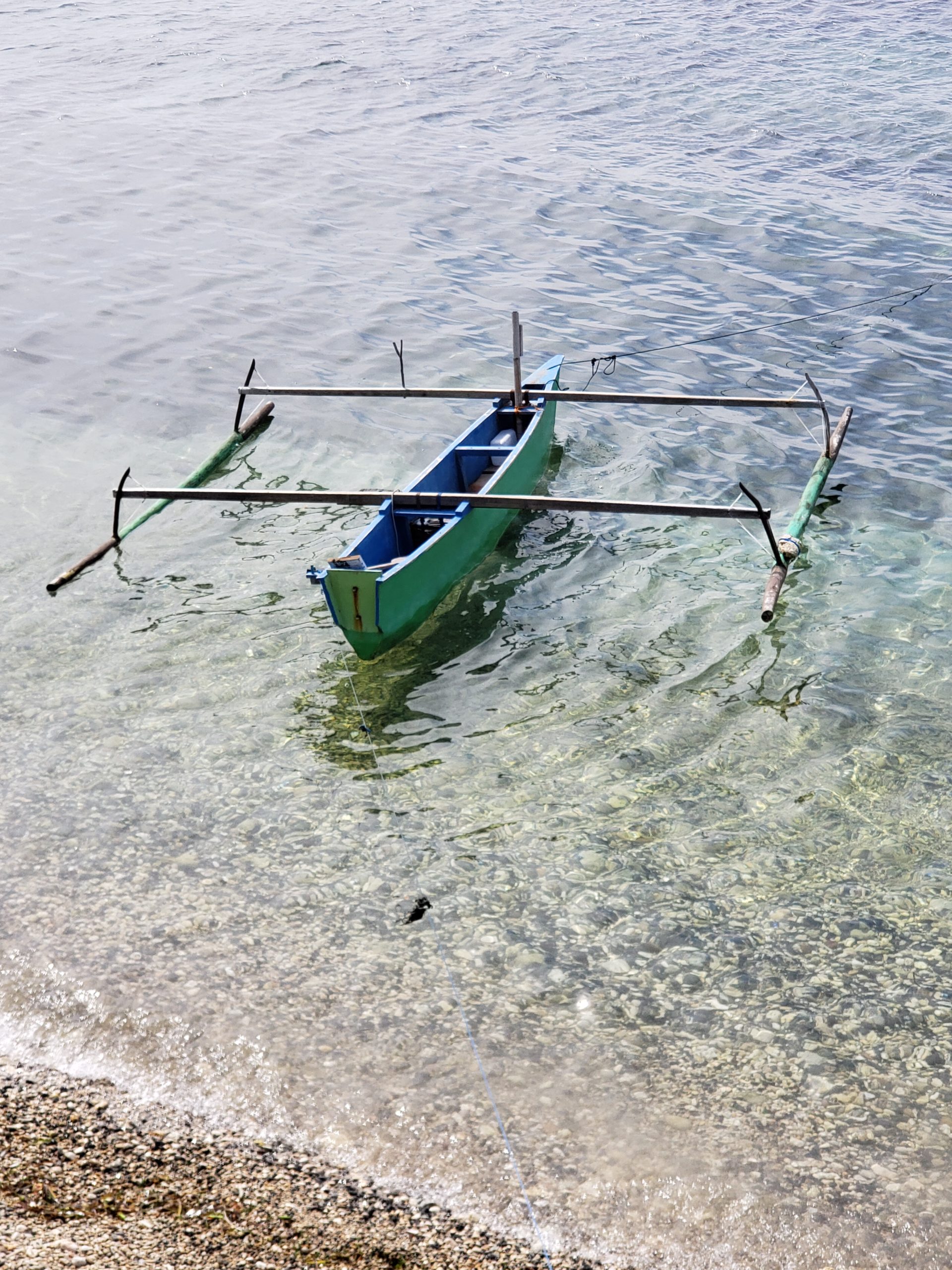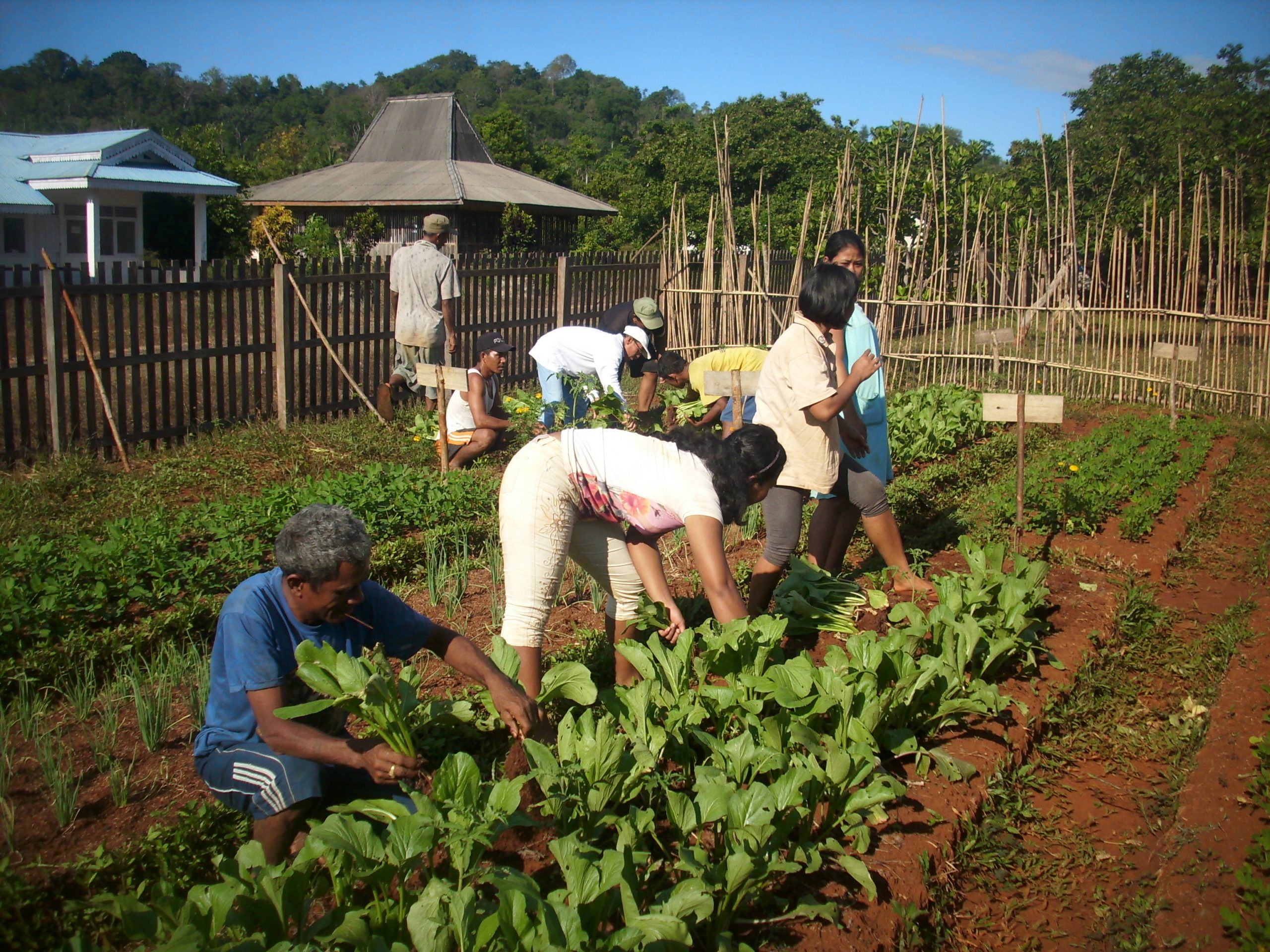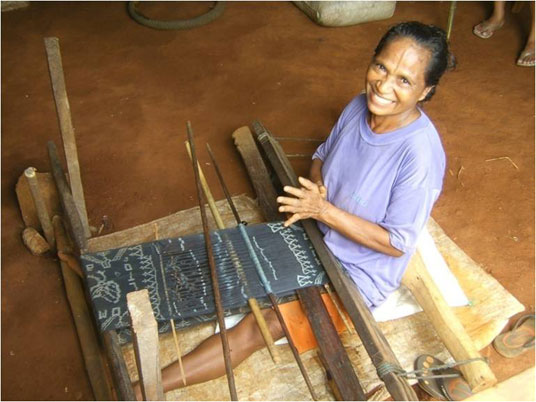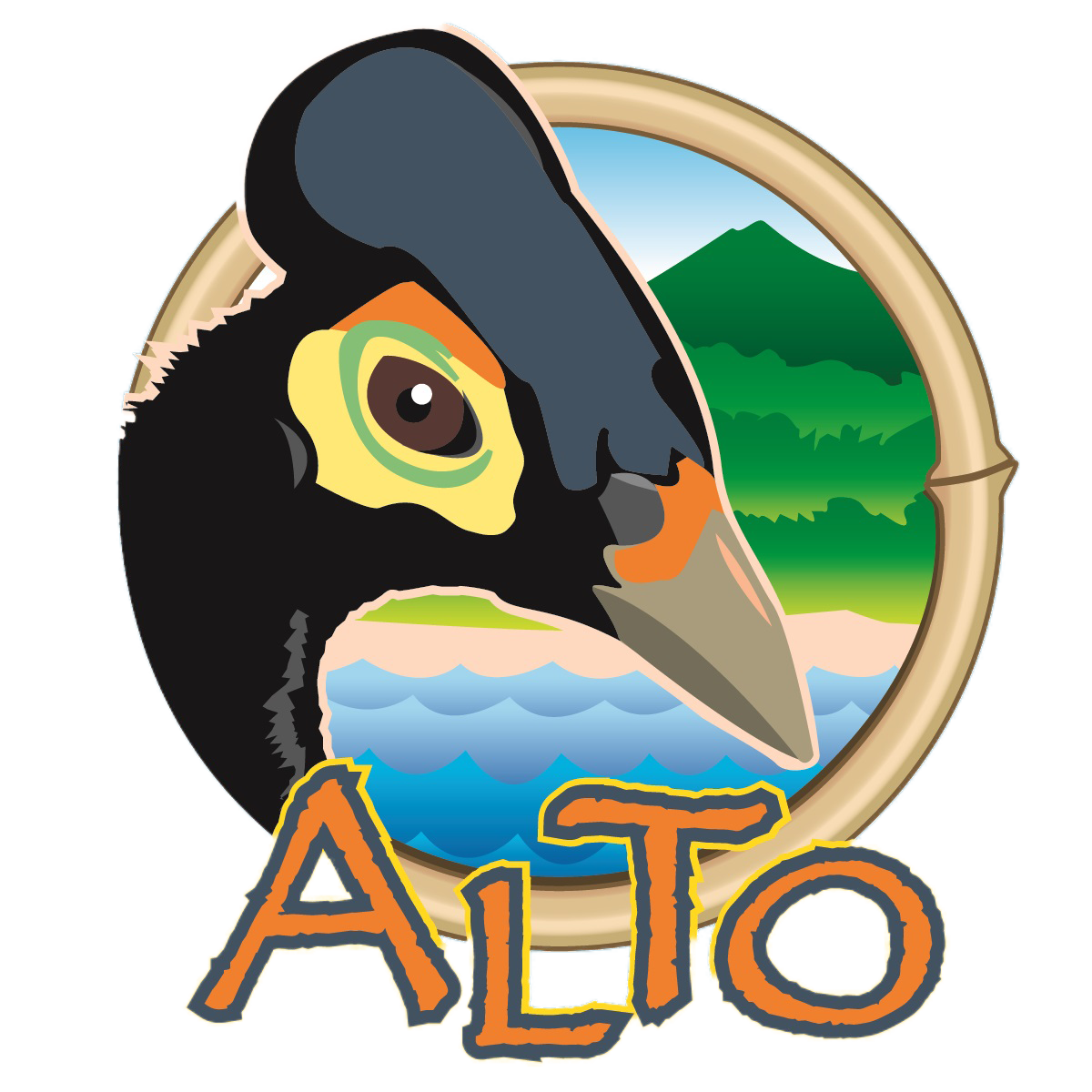Alternative Livelihoods
Alternative Livelihoods
Toward more just and sustainable lifestyles
In Tompotika, most local residents live simply, with a very modest lifestyle compared to those in the Global Consumer Class, whose overconsumption drives the bulk of our planet’s ills. Most Tompotika residents are not in abject poverty: they have enough to eat, decent housing, and access to healthcare and education–and most are members of strong local communities that help look after one another. But for many, what they have to eat and live on is only just barely enough, with nothing to spare.
Tompotikans exploit their forests, seas, and wildlife generally because that’s the most direct–perhaps the only–way they know of to get food to eat, wood for cooking or building, or something to sell for cash. This exploitation may even have been sustainable in times past when human populations were much lower, but at current levels it is not.
AlTo works with local people to help develop ways to live that are more sustainable for both nature and humans.


Organic Farming and Gardening
A key threat to Tompotika’s forests is so-called “slash and burn” or swidden agriculture: a farmer cuts and burns a patch of forest, grows crops on it, and then abandons it and cuts a new patch when, within a few years, the soil is depleted. AlTo sponsors a series of trainings specially targeted at residents of forested areas to train folks in how organic techniques can allow farmers to build soil fertility, control erosion, manage water, and continue growing crops on existing agricultural land rather than having to clear and plant new areas. Organic farming techniques also avoid the threats to human and environmental health caused by synthetic fertilizers and pesticides, and they cost less too! To top it off, Tompotikans have noted that vegetables grown organically simply taste better than the other kind. Organic agriculture is a win-win all around.
Traditional Arts and Handicrafts
Women in Tompotika practice a number of traditional arts and handicrafts, including weaving mats or tikar from locally-abundant plant materials, and also a complex handweaving technique called ikat. The income women earn from these beautiful and skillful artistic creations can play a critical role in keeping their families fed in a sustainable fashion. AlTo provides micro-loans and help with materials and markets to enable women to practice and pass along their traditional arts and skills–and to preserve the cultural heritage that helps shape who they are.

